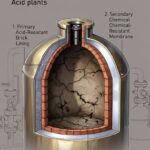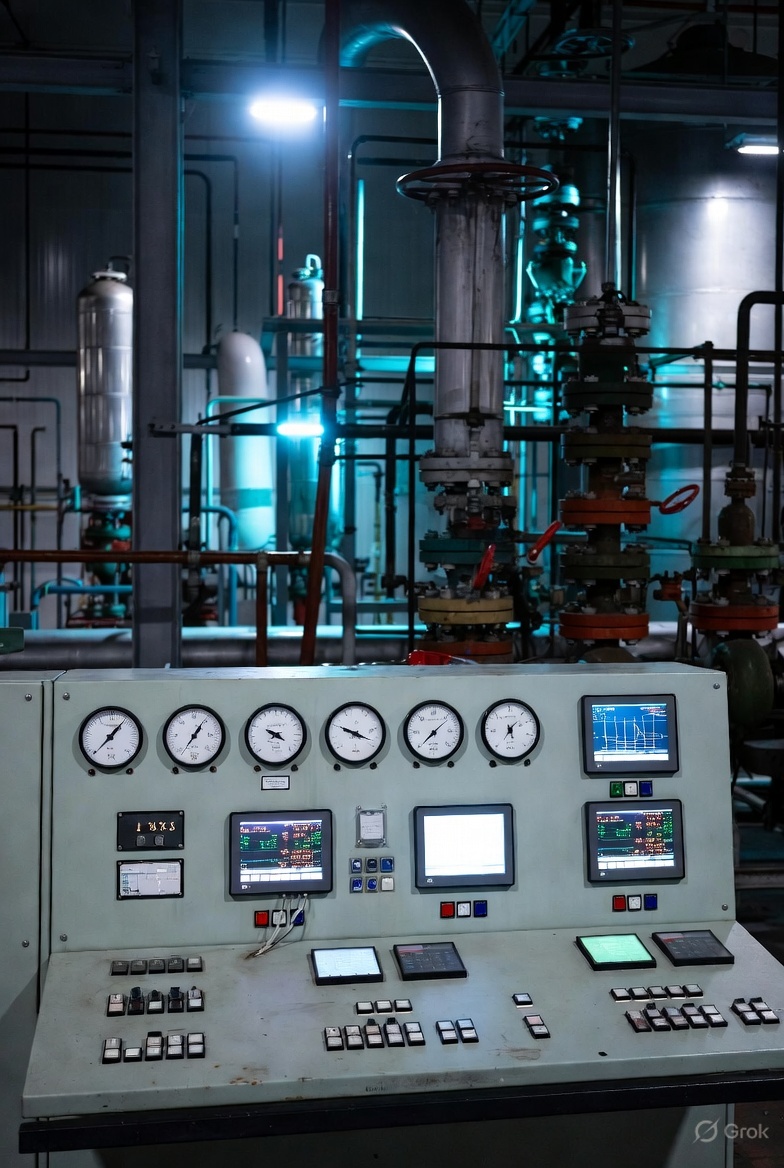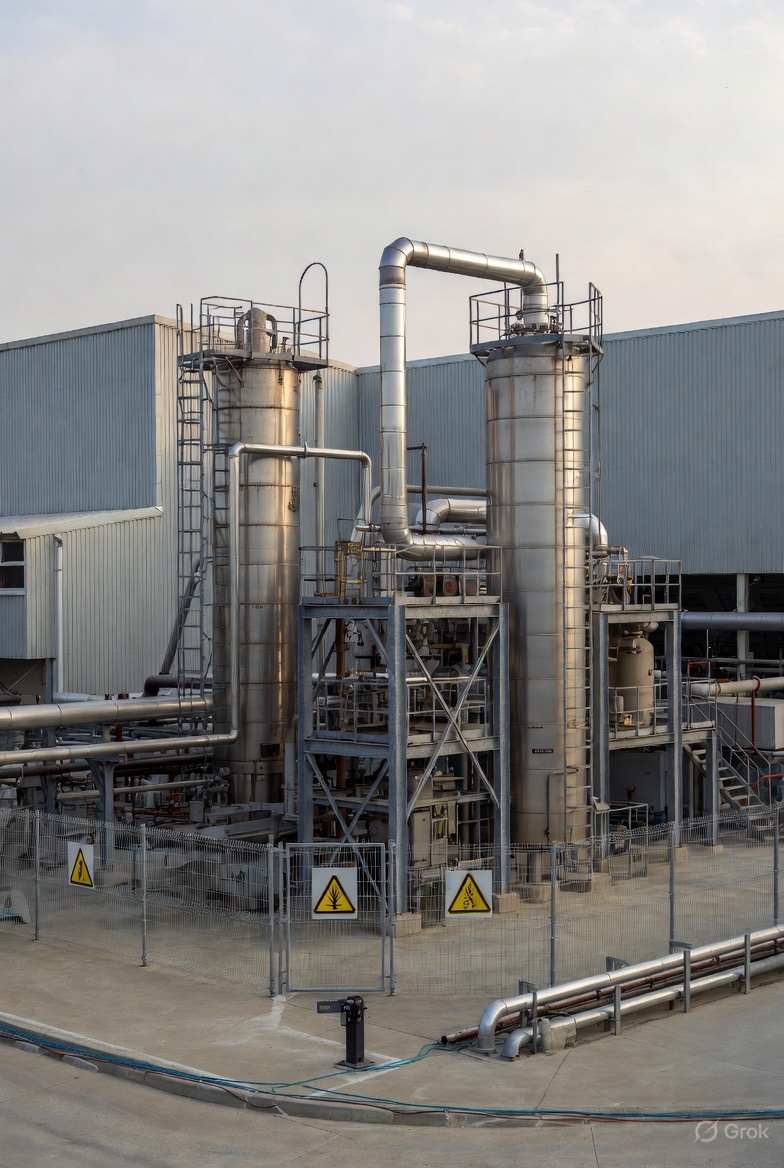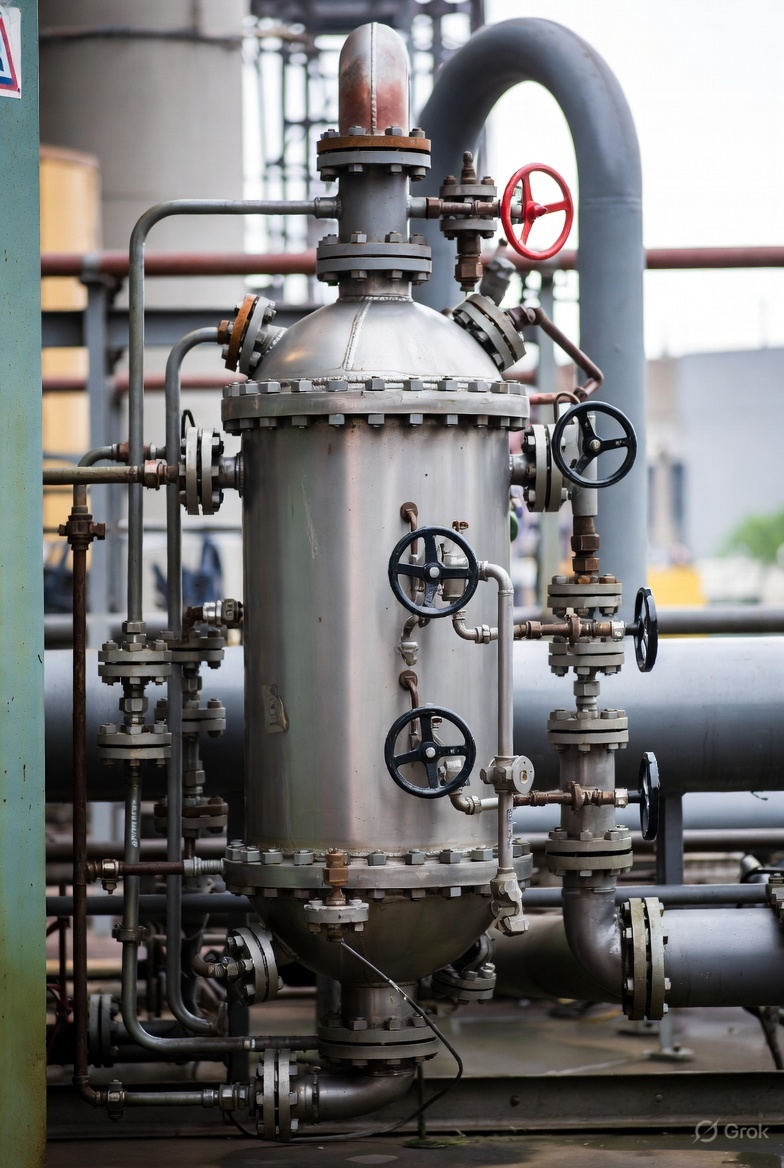Introduction
In the expansive realm of chemistry, not all chemicals are created equal. While the foundational principles of chemistry remain constant, the chemicals themselves can vary greatly in terms of purpose and function. Among these, there exists a fascinating category known as specialty chemicals. These chemical compounds are distinct from basic or commodity chemicals, as they are engineered to cater to highly specific and specialized applications across diverse industries. The allure of specialty chemicals lies in their capacity to deliver customized properties, optimized performance, and tailored solutions to meet the exacting demands of niche markets. In this article, we will delve into the world of specialty chemicals, exploring their characteristics, diverse applications, and their pivotal role in driving innovation.
The Characteristics of Specialty Chemicals
Specialty chemicals are characterized by a set of distinctive features that set them apart from their commodity counterparts. These attributes collectively define the essence of specialty chemicals:
1. Specific Applications:
The hallmark of specialty chemicals is their unequivocal alignment with particular applications or industries. These chemicals are not generic; rather, they are designed to address the unique requirements of a specific market or process. Whether it’s the pharmaceutical industry, agriculture, electronics, or water treatment, specialty chemicals are the precision tools of the trade.
2. Higher Value:
One of the defining attributes of specialty chemicals is their elevated value. These compounds often come with a higher price tag than basic or commodity chemicals. This is due to their specialized nature, the costs associated with research and development, and the finely tuned properties that cater to niche markets.
3. Customized Properties:
Specialty chemicals are celebrated for their ability to embody customized properties. These properties can encompass a wide range of characteristics, including color, viscosity, reactivity, stability, and other parameters, tailored precisely to meet the needs of the target application. It is this customization that grants specialty chemicals their distinctive edge.
4. Complex Synthesis:
The production of specialty chemicals frequently involves intricate chemical processes and formulations. These chemicals are not run-of-the-mill products; they require a higher level of technical expertise and a deeper understanding of chemistry. The complexity of their synthesis is reflective of their specialized nature.
5. Smaller Production Volumes:
Specialty chemicals are typically produced in smaller quantities when compared to basic chemicals. This is a natural consequence of their niche focus. Instead of mass production for broad consumption, they are manufactured to cater to specific markets with discerning demands.
Examples of Specialty Chemicals
The scope of specialty chemicals is vast and spans across a multitude of industries. These chemicals have made their presence felt in various sectors, each benefiting from the tailored innovations they bring to the table. Here are some notable examples:
1. Pharmaceutical Intermediates:
The pharmaceutical industry relies heavily on specialty chemicals, often in the form of intermediates. These chemicals are used in the synthesis of pharmaceutical drugs, where purity and quality are paramount. From the development of active pharmaceutical ingredients (APIs) to excipients, specialty chemicals play a vital role in ensuring the efficacy and safety of medications.
2. Agrochemicals:
Agriculture, the backbone of our food supply, benefits from specialty agrochemicals. This category includes pesticides, herbicides, and fertilizers, designed to protect crops and enhance yields. These chemicals are finely tuned to address the challenges of modern farming, from pest control to soil fertility management.
3. Surfactants:
Surfactants, a diverse group of specialty chemicals, are utilized in an array of industries, from detergents to cosmetics, paints, and more. They modify the surface properties of liquids, enabling the dispersion of oils in water and facilitating the removal of dirt and stains. Their versatility in creating stable emulsions and foams is invaluable.
4. Polymers and Resins:
Industries such as automotive, aerospace, and construction rely on specialty polymers and resins. These chemicals are designed with specific attributes, be it exceptional strength, heat resistance, or flexibility. They play a pivotal role in manufacturing high-performance materials and products, from lightweight aircraft components to durable construction materials.
5. Catalysts:
Catalysts are essential specialty chemicals used to accelerate or facilitate chemical reactions. They are critical in the production of various chemicals, including petrochemicals, where they optimize reaction conditions and improve yields.
6. Flavors and Fragrances:
The food and perfume industries heavily depend on specialty chemicals to create captivating flavors and fragrances. These compounds are meticulously developed to provide specific tastes and scents, transforming everyday products into sensory experiences.
7. Water Treatment Chemicals:
Water is a finite and precious resource, and its treatment and purification require specialty chemicals. These chemicals are designed to remove impurities, pathogens, and contaminants from water, ensuring its safety for consumption and industrial processes.
8. Specialized Coatings:
Specialty coatings with unique properties, such as anti-corrosion, UV resistance, or fire retardant qualities, find application in diverse industries. Whether it’s protecting automotive finishes from the elements or preserving architectural coatings, these coatings offer tailored solutions for lasting performance.
9. Electronic Chemicals:
In the realm of electronics, specialty chemicals are indispensable. They are used in the production of semiconductors, printed circuit boards, and electronic components. Their role is to ensure the precise and clean manufacturing of these critical components.
10. Oilfield Chemicals:
The oil and gas industry relies on specialty chemicals for a range of applications, from drilling fluids that maintain well stability to chemicals that stimulate reservoirs and inhibit corrosion. These chemicals contribute to the efficient and safe extraction of hydrocarbons.
Conclusion
Specialty chemicals constitute a remarkable category of chemical compounds that are uniquely positioned to meet the specialized needs of diverse industries and applications. Their distinctive characteristics, which include specific applications, higher value, customized properties, complex synthesis, and smaller production volumes, set them apart from basic or commodity chemicals.
These chemicals are not just products; they are the embodiment of precision and innovation, meticulously crafted to address the intricate demands of niche markets. Whether it’s the pharmaceutical intermediates that power the medical field, agrochemicals that safeguard our food supply, or the electronic chemicals that drive our technological advances, specialty chemicals play a pivotal role in advancing human progress.
As technology and science continue to evolve, the world of specialty chemicals will evolve in tandem, offering tailored solutions to emerging challenges and opportunities. In a rapidly changing world, these specialized compounds remain at the forefront of innovation, contributing to a future where precision and customization are the cornerstones of progress.












